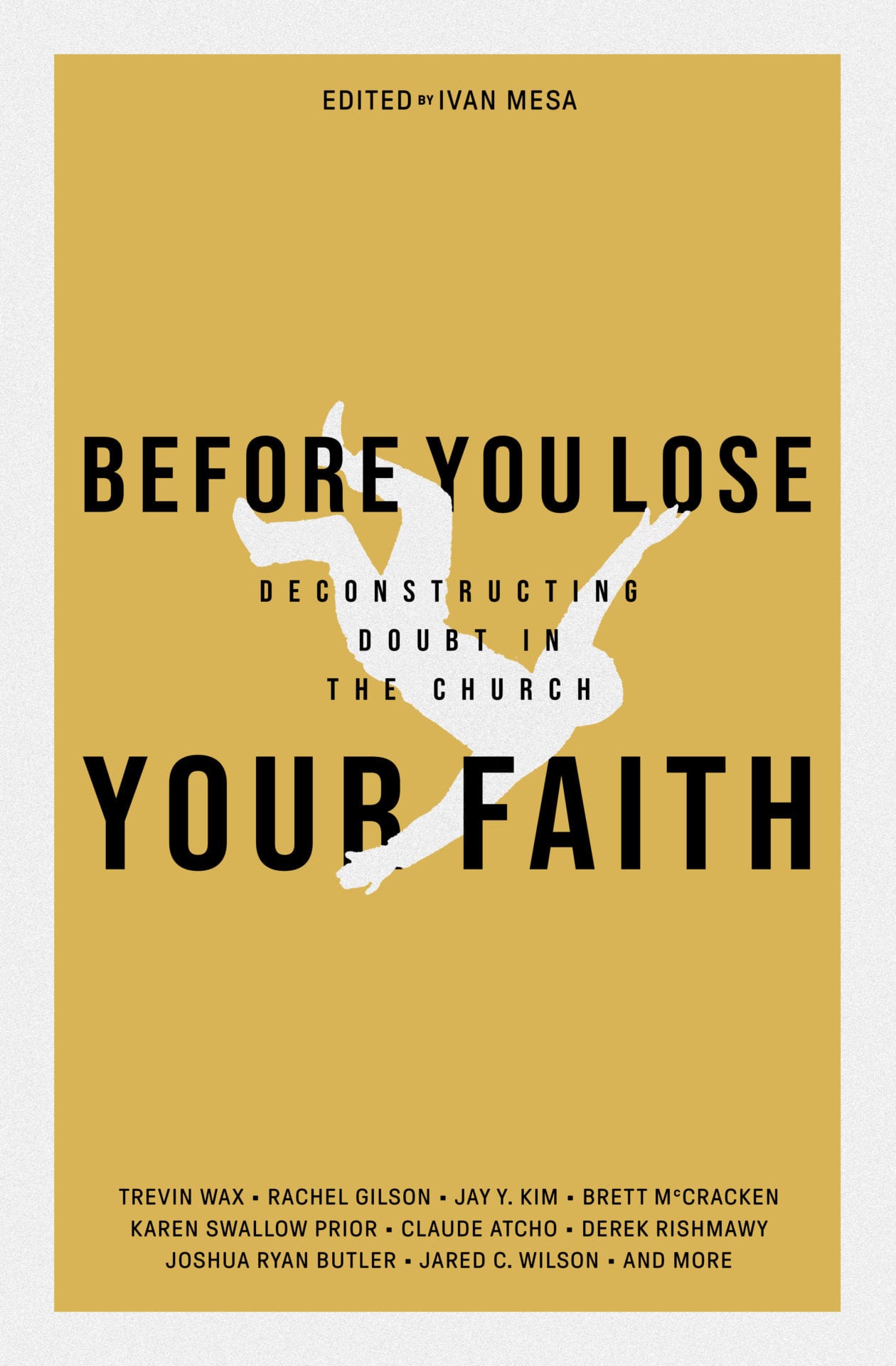The 2005 blockbuster movie The 40-Year-Old Virgin features funny-man Steve Carell as Andy Stitzer, an action-figure-collecting paper pusher for an electronics store, who {{gasp!}} has never had sex. Caricatured as nerdy and simple-minded, Andy whiles away the years hoping someday to do the deed until, when he finally has opportunity to end his sexless misery, he makes a pact of chastity with his girlfriend.
This is how many today interpret a celibate man—pathetic and not yet a grownup. And in a world in which Miley bares all and twerks with Robin Thicke to mark her foray into adulthood, celibate women are seen as prudish, naïve, and disempowered.
Take, for example, an experience with my family while traveling together in Italy last fall. While my dad and I were away exploring one morning, my mom and sister took in the dramatic views at our hotel on the Amalfi Coast. My mom struck up a conversation with an Australian woman and her well-educated daughter, who was about my age and worked for the United Nations. As they chatted over a cappuccino, the conversation turned to faith. My mom began to share the gospel when the other mother blurted out a question about whether or not my sister and I had ever had sex.
As my mom shared that no, we were both remaining celibate until marriage, the woman seemed more disturbed by my choice than by that of my seven-years-younger sister. “Is she unattractive? Is there something wrong with her?” she demanded. Embarrassed by her mother’s comments, her daughter kindly rushed to my defense.
My mom later relayed the story in horror, apologizing profusely for having disclosed such personal information. As a single person serving in ministry to middle and high school students, however, I’m used to having these details of my life on display. I had a good laugh hearing about the woman’s initial disbelief in my virginity at age 28, her inquiry about my physical attractiveness (albeit extremely rude), and her eventual disdain that I would willingly forgo what was in her mind an essential component of fulfilled personhood.
In a world where hedonism and gross individualism hold sway, the prominence of what a friend and pastor calls “the sexual fulfillment myth” is no big surprise, really. And so, in a way that our culture finds almost impossible to comprehend, celibacy in singleness demonstrates a most visible sign of authentic Christian witness. Perhaps this is why Jesus spoke so strongly on the subject.
Cost of Following
In Matthew 19, we read that the Pharisees have just challenged Jesus on the topic of divorce. Jesus indicts them, saying that Torah only permits divorce because of their hard hearts. Illustrating his perfect fulfillment of the law, Jesus declares divorce and adultery as one and the same. The disciples walk away from this exchange a bit gun-shy about the concept of marriage—and rightly so, given the seriousness with which Jesus speaks to them. “Perhaps it is better not to marry!” they exclaim.
Jesus only slightly modifies their understanding of his message:
Not everyone can receive this saying, but only those to whom it is given. For there are eunuchs who have been so from birth, and there are eunuchs who have been made eunuchs by men, and there are eunuchs who have made themselves eunuchs for the sake of the kingdom of heaven. Let the one who is able to receive this receive it. (Matthew 19:11-12)
In this statement, Jesus relates the call of a single person living out lifelong celibacy to the state of a eunuch, who has been physically castrated. Both will forgo sex and marriage, enduring the scorn of society. In this way, Jesus highlights the cost of following him.
Not Disappointed
Today it’s not only society that scorns the role of the single “eunuch,” but often followers of Jesus as well. Well-meaning people in the church often ask my friends and me, “What is wrong with these guys that none of them has snatched you up?” While I’m flattered they see me as a catch, their comments highlight a misunderstanding about the nature of my life. Sometimes singleness can be lonely, and I often hope it won’t last forever. But I’m not disappointed with the shape my life has taken. Singleness has afforded me time and passion to serve students, to study theology, to develop deep friendships, and to travel with my family. I have benefited, and I hope the kingdom has as well.
Often the first question my parents’ friends ask when inquiring about my life halfway across the country is, “And is she seeing anyone?” The primacy of that question, like the inquiries of friends at church, reveals that maybe we church people have believed the sexual fulfillment myth just as much as worldly wielders of the sexual revolution.
In our tendency to value marriage as the ultimate fulfillment of wholeness and spiritual maturity, we are missing the point.
In our tendency to value marriage as the ultimate fulfillment of wholeness and spiritual maturity, we are missing the point.
If we truly seek to honor the words of Jesus, the church in our day must reclaim a biblical vision of singleness.
What if our churches sought to heed Jesus’ words and began to debunk the myth of marriage as the ultimate expression of adulthood?
What if we cheered on the singles in our communities, encouraging them to treat singleness as the gift that it is (really), instead of assuming that their lives must be unfulfilled or on hold?
What if we intentionally gave mature, single Christians a place at the table of leadership as pastors, elders, and ministry leaders so they could use this precious gift to its fullest, as Jesus urged?
What if we admonished singles to think long and hard about whether God might actually be calling them to lifelong celibacy—as both Jesus and Paul championed—to demonstrate allegiance to Christ?
The role of a figurative eunuch may still engender scorn from an unbelieving world, but it should not be so within the church. After all, Jesus was the 30-year-old virgin. May we therefore uphold celibacy and singleness as a needed signpost that bears witness to him.
Free Book by TGC: ‘Before You Lose Your Faith’
 Many young people are walking away from Christianity—for reasons ranging from the church’s stance on sexual morality, to its approach to science and the Bible, to its perceived silence on racial justice.
Many young people are walking away from Christianity—for reasons ranging from the church’s stance on sexual morality, to its approach to science and the Bible, to its perceived silence on racial justice.
TGC’s book Before You Lose Your Faith: Deconstructing Doubt in the Church is an infusion of hope, clarity, and wisdom in an age of mounting cynicism toward Christianity.
For anyone entering college or the workplace and looking for a timely reminder of why Christianity is good news in a skeptical age, make sure to get your FREE ebook Before You Lose Your Faith today!


































